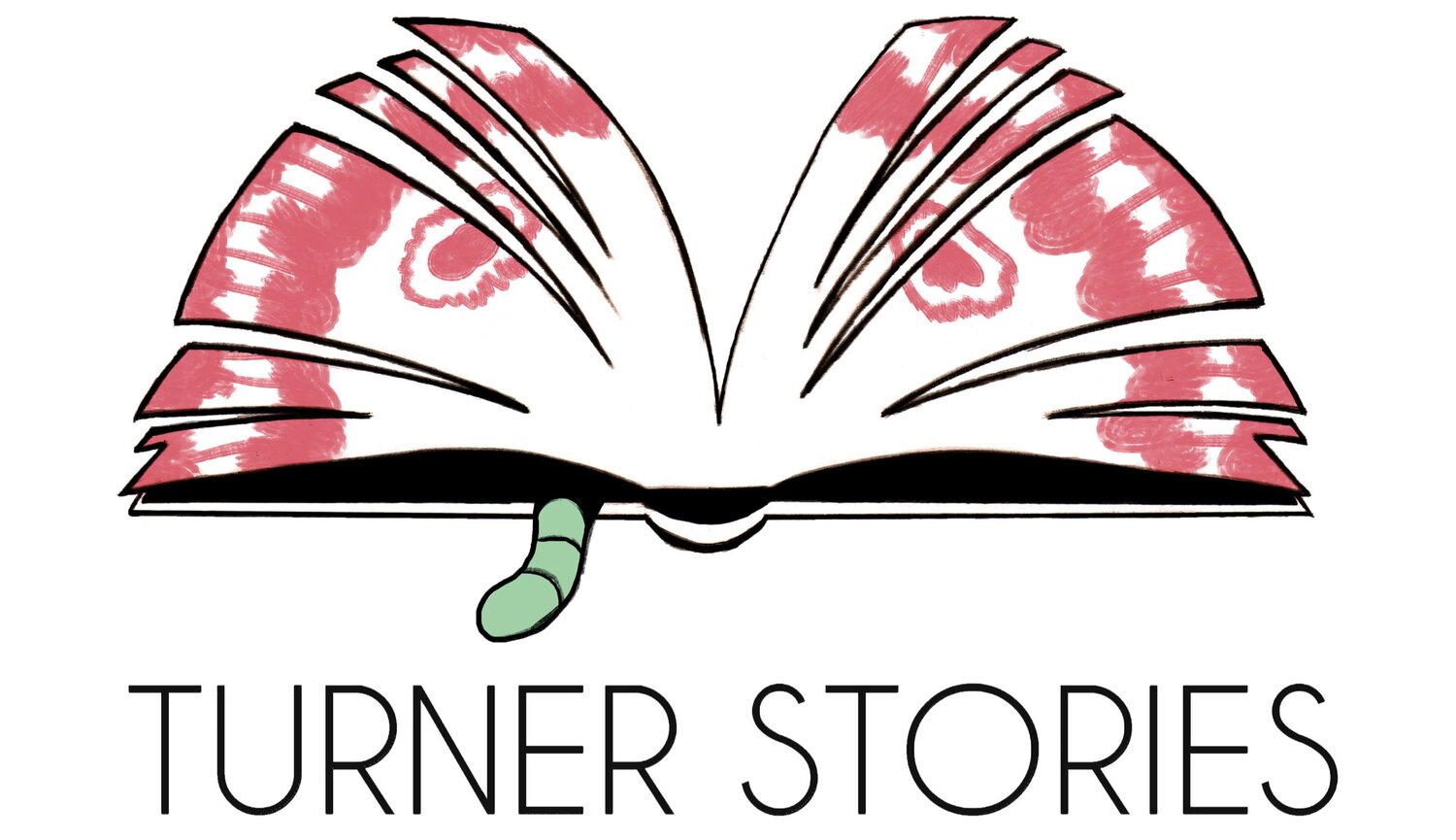How to Edit a Short Story
A Guide to (Self) Editing and How to Ask For Help
Photo by Andrew Neel on Unsplash
“What am I trying to say? What words will express it? What image or idiom will make it clearer? Is this image fresh enough to have an effect?” Then finish with these final two questions: ‘Could I put it more shortly? Have I said anything that is avoidably ugly?’” — George Orwell
Now let’s assume you’ve completed the first draft of a short story. Good for you! There’s one more step before you share your work with the world. You have to edit your story. Perhaps multiple times. And then you HAVE to ask for feedback. But how do you do all that?
Self Editing
“To write is human, to edit is divine.” — Stephen King
Take some distance first
“When you write a book, you spend day after day scanning and identifying trees. When you’re done, you have to step back and look at the forest.” - Stephen King
What did you write? What did you try to convey? What’s your story really about? Let the story rest for a bit, take your mind off of it. For a short story I recommend a couple of days to a week. Then, when you rewrite and work on your second draft make it even more clear what your story is about.
Stephen King isn’t the only writer who does this. Haruki Murakami takes some distance from his first draft too once he’s finished.
I usually do one more polish after the second draft and then I’m done. Depending on the complexity of my story or how shitty the first draft was, I might do another draft before I send it to others for feedback. Some authors like Ray Bradbury or Murakami like to do 4-5 rewrites, even for short stories. Find what works for you, but don’t get in your own way and try to make it perfect. Then you’ll risk never publishing your story.
Start working on the second draft
Multiple roads lead to Rome. Every writer has his or her own editing process. When I started I just did something. I had no idea what I was doing, really. Then I started taking online writing classes and reading books about writing and the processes of other writers. That helped a lot.
Here are some general and useful rules for self editing I always use:
Read your story out loud. This way, you hear your mistakes. When you read your story in your head, you tend to miss more errors.
Check commas, are they necessary? I tend to write long sentences with lots of commas. I don’t know why. However, when I read a book or story, I usually like short sentences and a nice flow. One of my friends who edits stories for me suggested to analyze my sentences more. She told me to break up sentences and use full stops. It helps! Plus you ‘hear’ when to use a full stop or comma once you read your story out loud.
Use shorter words instead of longer words. It quickens comprehension. Say ‘use’ instead of ‘utilize’. ‘Show’ instead of ‘demonstrate’. George Orwell once said: “Never use a long word when a short one will do.” Heed that advice.
Avoid repetition of words, especially in the same paragraph. Here you are allowed to use longer versions of a similar word. Use synonyms.
Any word that can go, must go = a useful maxim!
Stephen King uses the following formula for working on a second draft:
Second draft = First draft — 10%.
Time to kill your darlings. Make the cuts, answer your questions, take out mistakes, and then polish.
When you’ve applied the polish, it’s time to open the door and show your work to people close to you and who are willing to give feedback. More on that in the next part.
New eBook:
How to Write a Short Story. A complete guide for $3.99 on Amazon.
Ask for Feedback
“There are probably a number of ways to tell your story right, and someone else may be able to tell you whether or not you've found one of these ways. […] I always show my work to one of two people before sending a copy to my editor or agent. I feel more secure and connected this way, and these two people get a lot of good work out of me.” - Anne Lamott
Writing is usually a lonely endeavor. You work up a sweat on a fiction story or article for hours, days even. You work diligently to delete any spelling or grammar mistakes and create a second or third draft. You’re happy with the result.
You can do two things. Just post it and let it live on the internet, baring story naked for everyone to see. Perhaps you get a few comments on grammar mistakes. You made something interesting, but for most people it’s still lacking something. Like an unpolished diamond.
OR you can ask other people to first have a look at what you’ve written down. Like professional writers do. People whose initial first drafts never see the light of day, because what they eventually publish is draft 17. And there is a reason for that.
To make quality work, you can’t rely on just you. You need others. But what if you are starting out? Or if you have been writing for a while, but do it as a hobby? When you don’t have an editor, let alone a contract with a publisher. Hiring someone to do this can be expensive. Especially when you are starting out. Don’t make costs just yet if you can avoid it.
Ask your (literary) friends, the avid readers, maybe even fellow writers or friends who studied literature or publishing to read and comment on your work. Join a writing group and critique each other’s work.
Every short story I write is read and commented on by at least 3–5 people before I publish it. Most of them are native speakers (since I’m not). It’s not only spelling or grammar they look at. They look at continuity and if the things that I claim make sense. If my characters are relatable, real, and have depth. If I don’t utter any nonsense. The most important thing though — the stories get better and the message I want to bring across becomes stronger.
Let your husband or girlfriend have a read. After Murakami has done his revisions, he lets the story simmer some more and gets back to it after a couple of weeks. Then, he does one more rewrite before his wife may read it. He hates criticism, but pieces that are up for discussion and need improvement according to his wife, he improves. And he does all this before he sends his story to an editor.
I don’t have an official editor. I self publish. I could hire one, but I’m not in the financial position to do that yet. You’ve got to work with what you have.
(Bonus tip: install the browser plugin Grammarly, it automatically searches for grammar, spelling and punctuation errors in your work. It’s great! I’m currently on the free plan, but I’m contemplating buying the premium version).
Conclusion
Once you’ve finished your short story, let it simmer for a couple of days before you start editing. Then, do 1-2 rewrites. It helps to read your story out loud to catch your mistakes. You definitely need to cut some sentences or kill some darlings, too.
Even though you initially write on your own, before your story sees the light of day, other people should have a look first. Once you’re satisfied with your new draft, you have to send your story to a friend or have your spouse read it. Other people look at your story differently (naturally). Their feedback is invaluable. It simply makes your work better if you ask for feedback.
Join my email list to keep in touch.
Please note: this post contains affiliate links.


